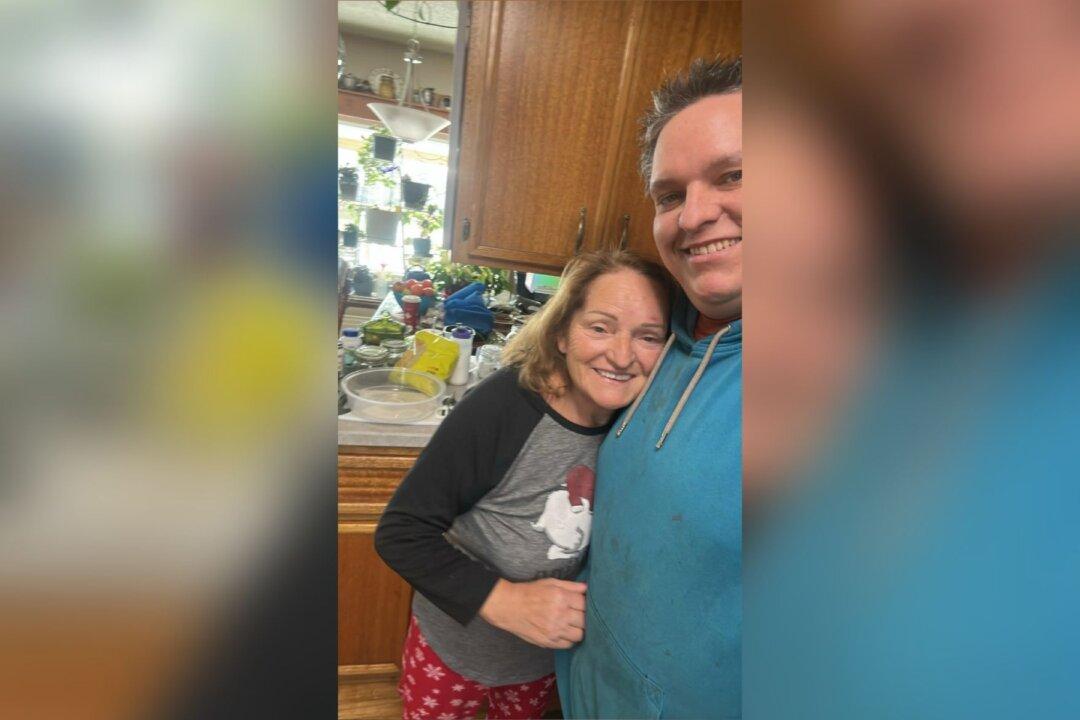OTTAWA—The Liberal government has struck a deal with opposition parties to swiftly approve a massive $73−billion wage subsidy program aimed at helping businesses and workers survive the economic ravages of the COVID−19 pandemic.
At a morning news conference just hours before the House of Commons met for a rare emergency sitting on the Easter long weekend, Conservative Leader Andrew Scheer said his party had agreed to support passage of the bill and to continue discussions on the future of Parliament later.





